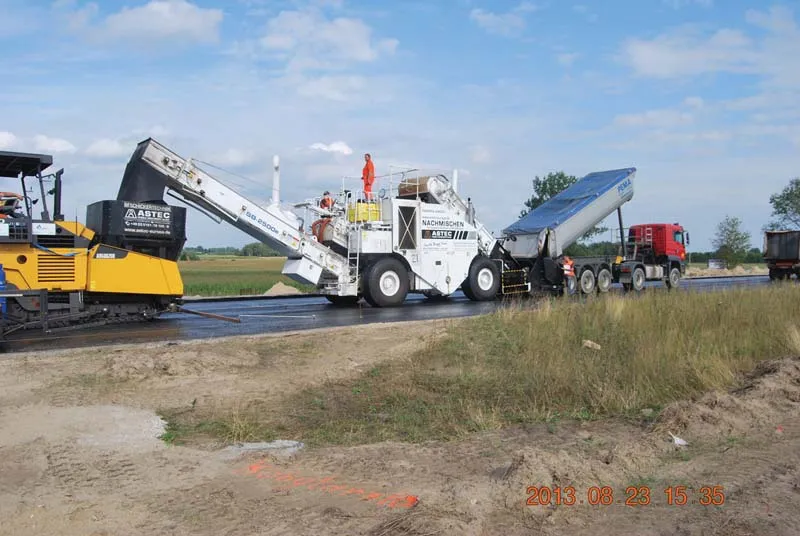Poland’s General Directorate for National Roads and Motorways (GDDKiA) plans to build around 300km of roads in Western Pomerania by 2023. The move is part of the National Roads Construction Programme. Among the project in the region that borders the country’s Baltic Sea coast is an S3 dual carriageway between the towns of Swinoujscie and Szczecin.
Poland’s General Directorate for National Roads and Motorways (GDDKiA) plans to build around 300km of roads in Western Pomerania by 2023. The move is part of the
August 1, 2017
Read time: 1 min
Poland’s General Directorate for National Roads and Motorways (
The move is part of the National Roads Construction Programme. Among the project in the region that borders the country’s Baltic Sea coast is an S3 dual carriageway between the towns of Swinoujscie and Szczecin.
Also on the list is the S6 carriageway from Goleniow to Koszalin, according to national media. Ring roads are planned around Przeclaw and Warzmice, around Szczecinek and around Walcz.
An S11 from Koszalin to Bobolice will be constructed and a second lane added to the Kobylanka's ring road.






